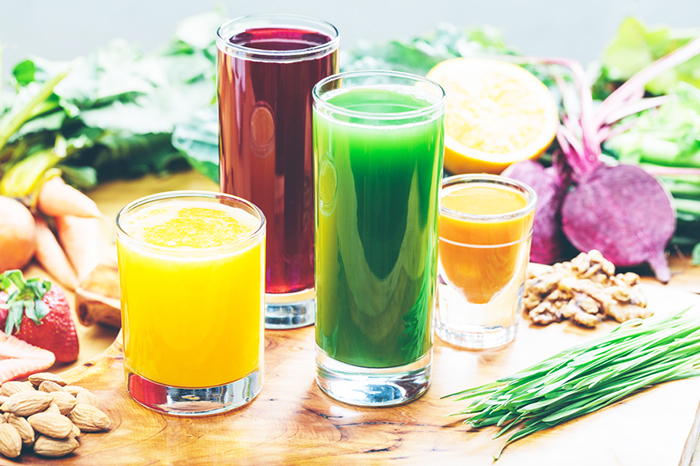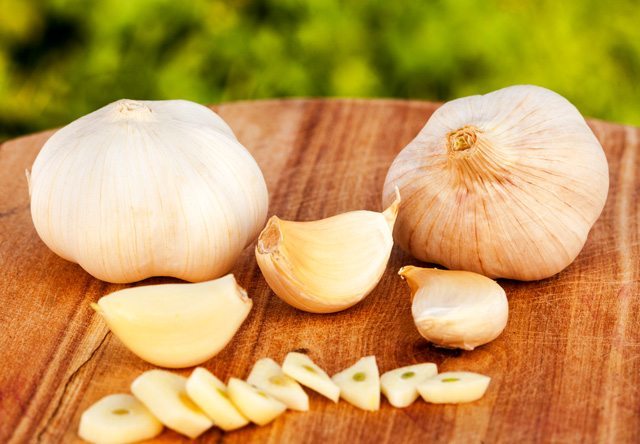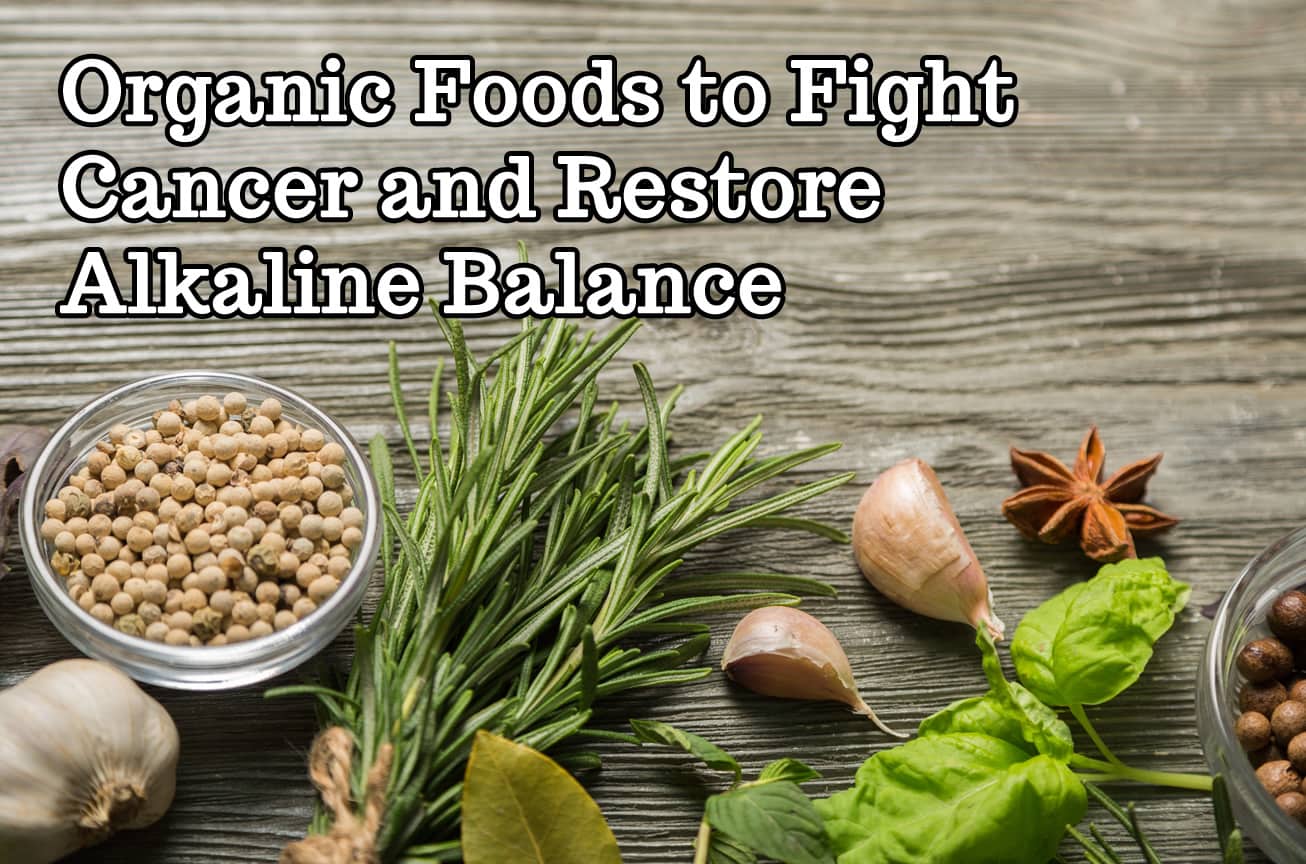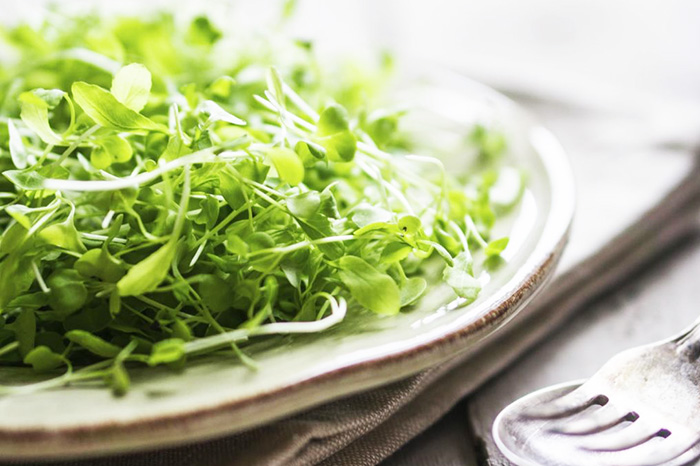It seemed that for diabetic people, sugar-free sweeteners are the likely way to go. But do these products really help those who can’t regulate their sugar levels or will they pose even bigger threats to those who are afflicted with diabetes?
Equal and Splenda are some of the well-known names when it comes to sugar-free sweeteners. In fact, these products have become the best friends of millions of people who are on some kind of calorie-counting spree. With these in hand, you can drink all the teas, sodas and lemonade you like without the risk of ingesting a single calorie of sugar. You can even consume a bunch of cupcakes, ice cream, yogurt and other desserts, as long as they’re made with sugar-free substitutes. But then again even with the presence of these sugar-free substitutes, it’s hard to imagine why it did not even make any significant dents in the fight against obesity.
In retrospect, studies that have been made to check whether sugar-free substitutes can promote weight gain. Back in the day, scientists are trying to learn whether the use of artificial sweeteners might backfire by actually initiating cravings for other sugary treats which will in turn lead to an increase in weight of the individual concerned. Earlier studies conducted with rats as subjects seemed to support this theory, however for humans, there seemed to be some mixed outcomes. So it is rather unclear as to whether artificial sweeteners have a direct link to weight gain or weight loss.
Artificial Sweeteners and Blood Sugar
They say that sugar substitutes do not cause a spike in sugar levels the way real sugar does. With this in mind, it would be one of the most obvious benefits for those who are suffering from diabetes or are in the pre-diabetic stage. However, recent studies prove otherwise.
Though artificial sweeteners won’t cause your sugar levels to increase, apparently, they can have a negative impact on your glucose levels’ response to other foods that you consume. For example, studies have shown that people who consume sucralose experienced having higher glucose levels and insulin spikes from the foods they consume after the intake of sweeteners. In essence, this just simply means that having a coke zero or any other diet soda while having a meal is not the same as just having a glass of water while having a meal. Though both drinks might have zero calories and sugar, your blood glucose levels will most likely to spike after your meal where you had that diet softdrink. Over time, those increases in your sugar levels might increase your chances of gaining weight as well as up your risk of developing type 2 diabetes.
It all depends on your gut.
Believe it or not, much of what’s happening during your digestion or anything regarding your insulin supply (increase/decrease), fat deposits, appetite and blood sugar are being controlled by the bacterial flora in your stomach. Yes, you’ve read that right. And in this line, it seems that two of the most popular artificial sweeteners out in the market (Splenda and Equal), push for the growth of intestinal flora that’s very much associated with obesity. Meaning, the case against these sugar-free substitutes is becoming stronger as days go by.

How to properly use artificial sweeteners.
- Moderation is the key. Non-caloric sweeteners are not “free” foods that you can consume in unlimited amounts. When it comes to consumption, only use what you would if you’re using real sugar. The daily recommended allowance for added sugar is about 25 grams which translates to about 3 packets of sugar-free sweeteners or a 12-oz can of diet soft drinks.
- Favour natural sweeteners over synthetic.
- Maintain a diet that includes probiotic foods to help your gut’s good bacterial flora and give you a balanced digestive tract. This means intake of yogurt, legumes, whole grains and other cultured and fermented foods.








